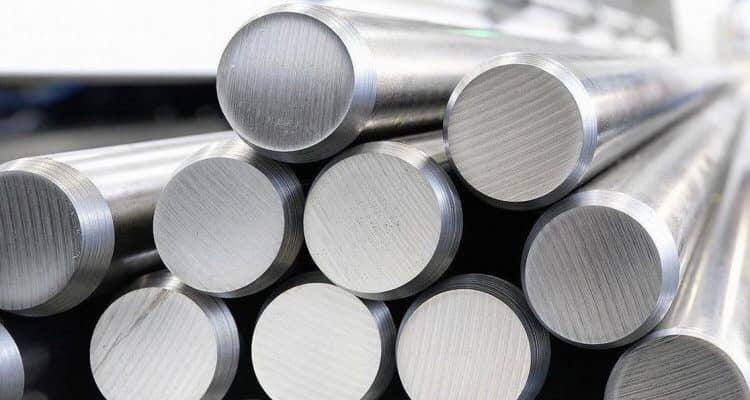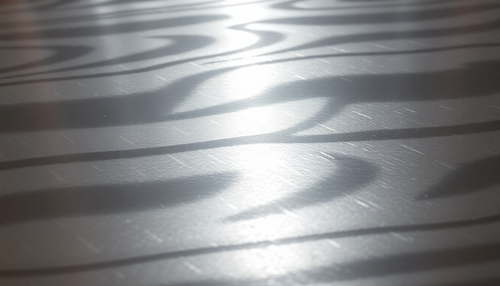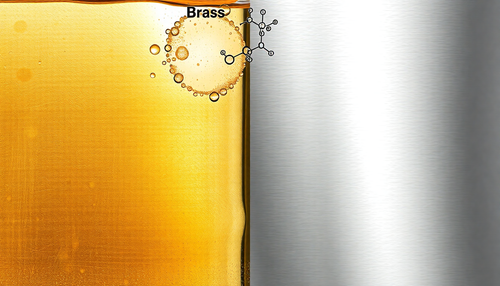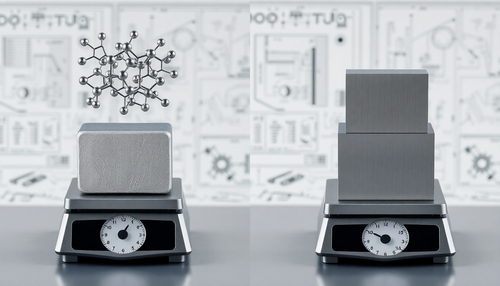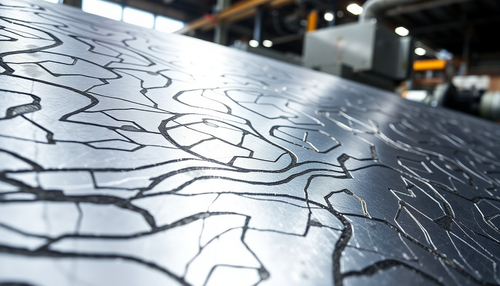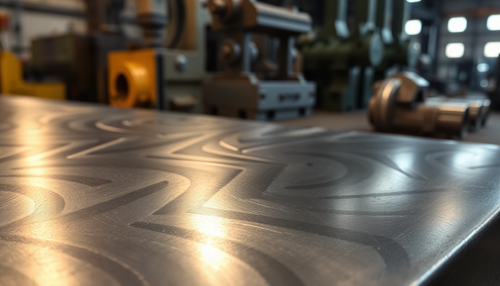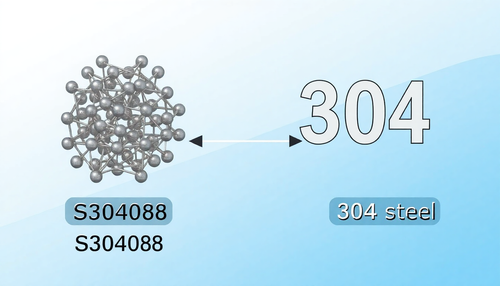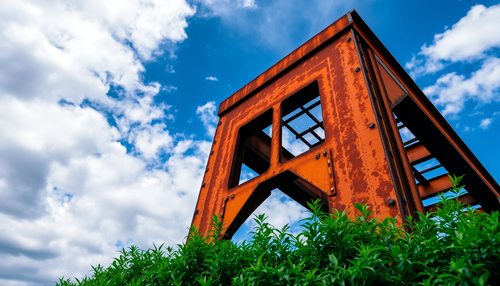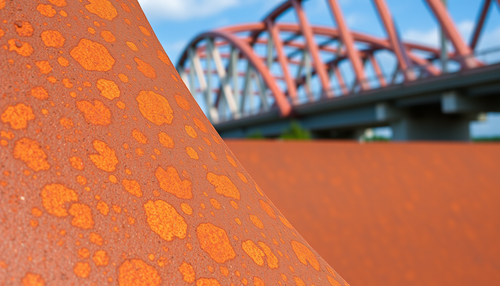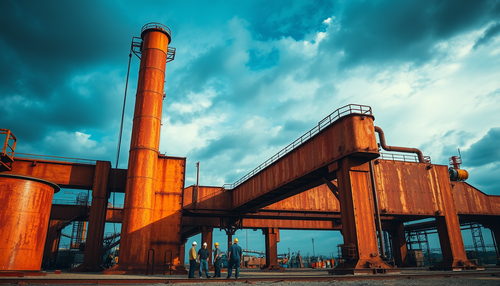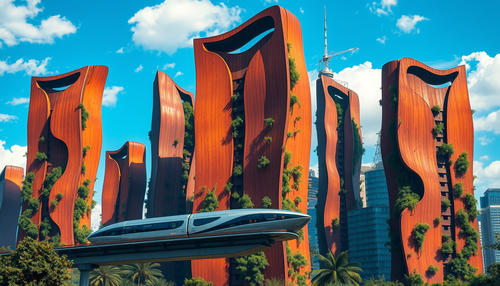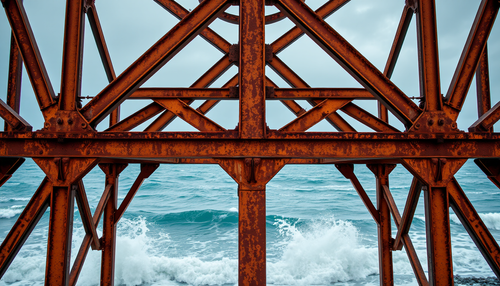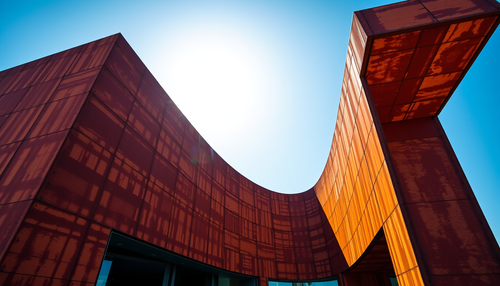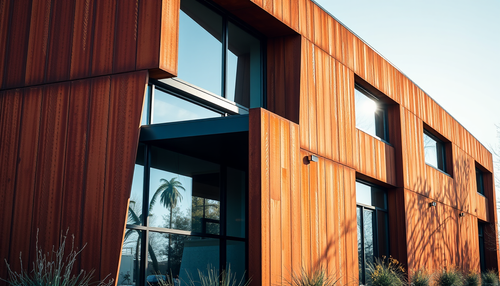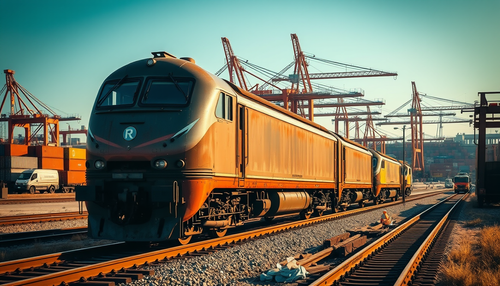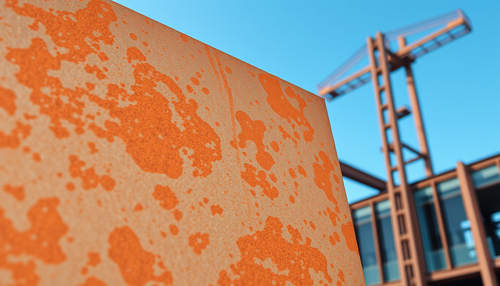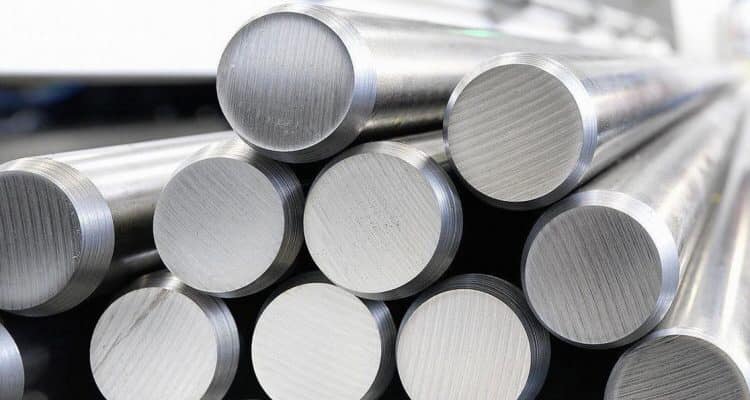
Carburizing is a surface heat treatment process that involves low-temperature quenching and tempering after the expansion of carbon atoms on the surface of steel parts. This method aims to significantly improve several steel properties, such as wear resistance, durability and toughness.
After treatment, the core of the parts consists of low-carbon martensite, offering adequate strength and toughness, while the surface becomes hard and wear-resistant, forming a tempered martensite with a significant amount of carbide fine structure. Parts treated by carburizing are commonly known as carburized steel.
For applications where high surface hardness and wear resistance are required, such as automobile transmission gears, internal combustion engines and CAM piston pins, carburizing and low temperature tempering are applied. This results in a low-carbon steel core with high strength and toughness, while the surface (up to a certain depth) acquires high hardness after quenching, providing excellent wear resistance.
Carburizing generally involves a low carbon content (0.15% to 0.25%), ensuring good toughness and plasticity in the core of the treated parts. However, to further improve the strength of the steel core, alloying elements such as Cr, Ni, Mn, Mo, W, Ti and B can be added.
These elements help increase the hardenability of the steel and form stable alloy carbides, resulting in a refined structure and restricting overheating during the carburizing process.
Carburizing alloy steels can be classified into three types based on their hardenability or strength:
-
Low Hardenability Alloy Carburizing Steel : This type of steel has low strength (tensile strength ≤ 800MPa) and low toughness after carburizing and tempering treatment. It is widely used in the manufacture of wear-resistant parts with low strength requirements, such as camshafts and piston pins.
-
Medium Hardenability Alloy Carburizing Steel : With medium strength (tensile strength = 800~1200MPa), this type of steel is used in applications that require wear resistance and medium to heavy loads, such as automobile transmission gears and drive shafts. gear.
-
High Hardenability Alloy Carburizing Steel : This type of steel has high strength (tensile strength > 1200MPa) and is used in applications that require high strength and wear resistance, such as diesel locomotive gears and diesel engine crankshafts.
These carburizing alloy steels play an essential role in numerous industries, offering a unique combination of strength, toughness and durability for parts subjected to extreme impact and abrasion conditions.

